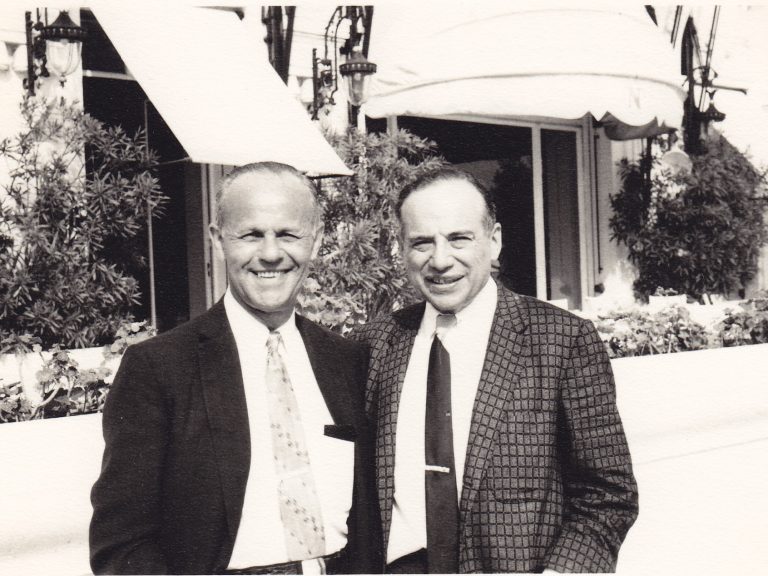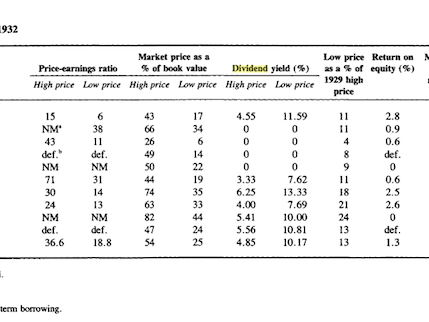[vc_row][vc_column][vc_column_text css_animation=”none”] [/vc_column_text]
[/vc_column_text]
The Wall Street Journal had a recent story detailing the trend of small investors jumping back into stocks, some trading options and futures. I’m old enough now, combined with twin quirks of being interested in finance at such a young age and having my lifespan line up with some interesting times in the capital markets, that I’ve watched this play out three times. At this point, you’d think it would lose its novelty but I still find my mouth dropping open and my head shaking in disbelief, mixed in with a bit of sadness. Reading what people are doing with their hard earned money – money that they exchanged for part of their life by selling time that could have been used traveling, reading, painting, or hanging out on the beach – doesn’t compute. If you took $5 out of their wallet, they’d throw a fit, but they’ll gamble $5,000 on something they barely understand.
Imagine that you have a new neighbor. We’ll call him Rod Smith. One day, he shows you his portfolio. He has a little over $1,000,000 in common stocks. “I have this great idea!”, he tells you, excitedly. “I decided to buy a list of companies I like and pick up around 421 shares of each.…
One of the biggest dangers an investor faces when he or she decides to buy individual stocks for a portfolio is the temptation to chase something “exciting”, regardless of valuation. That’s a foolish undertaking. Valuation matters a great deal. The exact same business might be a wonderful investment at 10 times earnings but a horrible investment at 50 times earnings. It’s not enough for profits to rise, or dividends to expand; they have to offer a good return, based on what you paid, relative to a reasonable opportunity cost hurdle such as the long-term 30-year Treasury bond yield.
One of the ways I manage my life is to sit in a room several times a year, staring off into the distance, and trying to imagine 5, 10, 15, 20, 30+ years in the future. I ask myself what things I wish I had done when I was younger, what things I would have wanted to avoid, what risks I would have wanted to take, and what experiences I would have wanted to have. A topic that has come up several times during these exercises is the concept of energy assets. A portfolio of energy assets is fundamentally different in nature than almost any other security, business, or holding.
The developments on the income statement and balance sheet of Union Pacific between 2005 and 2013 are an excellent example of why it is important for you to analyze data yourself, and come to conclusions based on reasonable, rational, intelligently organized facts. The willingness to take action when others do not agree with you, and to have your action backed up by solid evidence, can make the difference between being comfortable and ending up rich. Two of the world’s wealthiest titans demonstrated this truth, not only when buying shares of Union Pacific, but other railroads, as well.
I’m working my way through a 1985 book called The Crash and Its Aftermath: A History of Security Markets in the United States, 1929-1933, which covers the darkest days America has ever known. In 1932, during the depths of the Great Depression, the long-term United States Treasury bond yield was 4.25%. At this moment in time,…
I often get messages from some of you expressing a desire to invest but not wanting to sign up for a life buried in balance sheets or income statements. The good news: In investing, you can do extremely well if you have a few good, big ideas in your lifetime. You don’t have to become a master of everything. You just need to understand what you are doing, focus on it with the persistence of a pit bull, and be patient during the periods when there is nothing attractive to do, content to sit on cash. There is no need to master every industry, or spend your evenings pouring over the disclosure documents of a pharmaceutical giant to make money. It isn’t necessary.
How to Remain Detached from the Stock Market and Treat Your Investments Like Private Businesses When I was much younger, I kept seeing Benjamin Graham’s famous allegory called Mr. Market mentioned by great economists, investors, and financial historians. I bought a copy of The Intelligent Investor to figure out why everyone was so enthralled with a book…
It is a fairly regular occurrence for me to get messages from individuals who advocate a portfolio consisting entirely, or almost entirely, of gold, held for the long-term. They usually follow the same pattern, are from the same demographic, and come through the contact form. This morning, there was a comment left about gold and I decided…
It’s a fairly consistent thing that I get messages asking about the morality or ethics of investing in a certain type of company. Right now, there is a mail bag response I’m working on that deals with this topic. We’ve also talked about the fact that the Bri Institute thinks Jesus hates my portfolio. Though,…
[vc_empty_space][vc_column_text css_animation=”none”]

[/vc_column_text][/vc_column][/vc_row]












